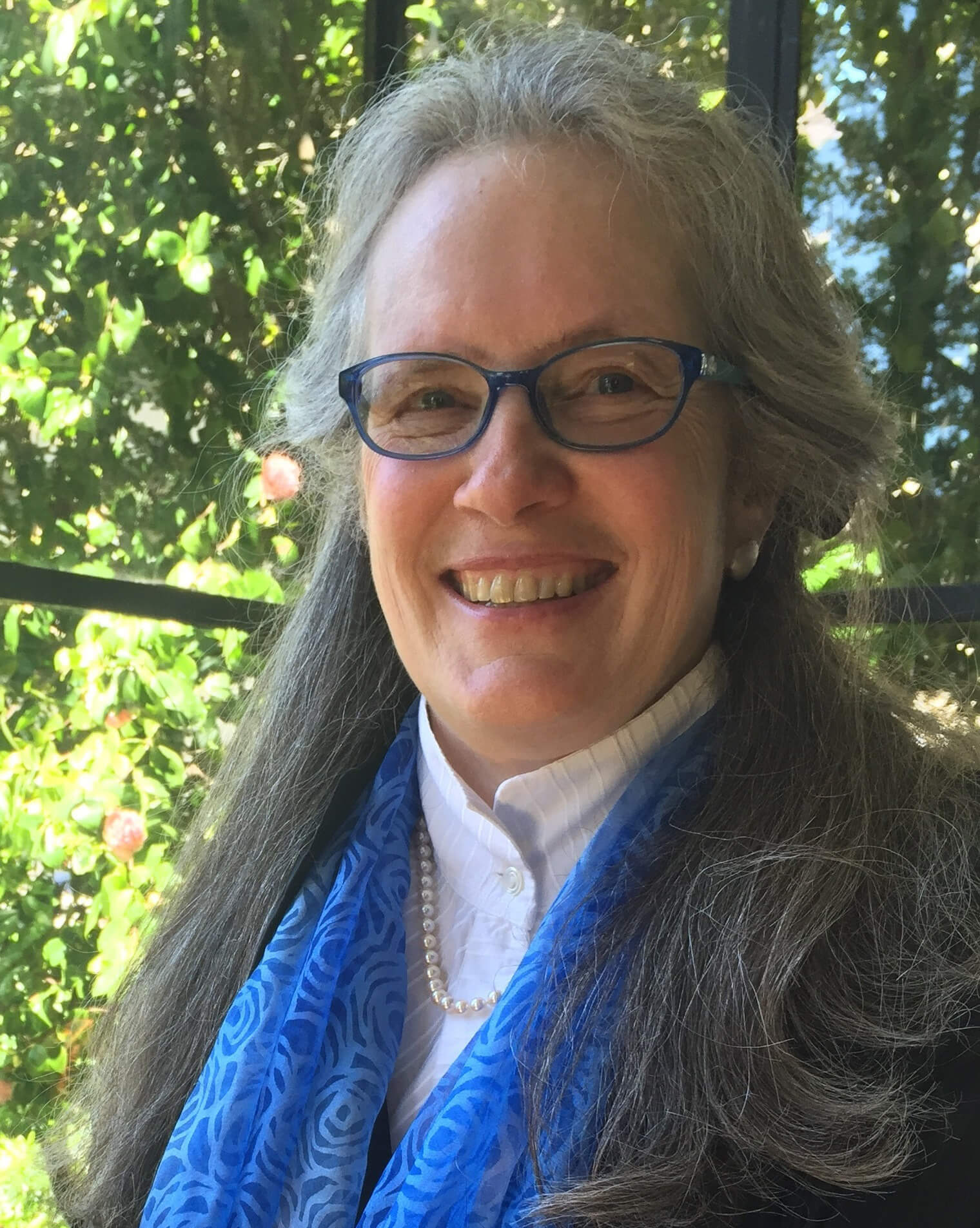Dr. Nancy Milliken, founder and director of the University of California, San Francisco’s National Center of Excellence in Women’s Health, has spent her career advancing the health and well-being of women. A professor emerita at UCSF’s Department of Obstetrics, Gynecology and Reproductive Science, and previously vice dean of UCSF’s School of Medicine, over her thirty-plus-year career Milliken has treated hundreds of patients.
Milliken first became interested in women’s health in her senior year at Harvard University, when she was studying history. “I was getting my reproductive health care from doctors that at the time were very patronizing, very condescending, and who did not share any information,” said Milliken. “It was a negative experience. So I had that on the one hand. On the other hand, I joined a women’s “self-health” group which was part of the emerging women’s health movement. We shared information that we couldn’t get from the medical system. It was that experience that made me say, “Things can be better. Things should be better. I would like to be part of that transformation of medical care.””
The Cambridge movement Milliken joined started out as the “Doctor’s Group,” changed its name to the “Boston Women’s Health Book Collective,” and finally came to call itself “Our Bodies, Ourselves.” The group ultimately retitled a course booklet about women’s health that its members wrote and edited, publishing it as Our Bodies, Ourselves.
After Milliken graduated from Harvard, she took the science courses necessary to attend medical school at Stanford University. She received her MD from Duke University in 1981, followed by a four-year residency in obstetrics and gynecology at Pennsylvania Hospital in Philadelphia. “I found that I loved taking care of women going through transformative life events and giving them holistic and compassionate care,” said Milliken. “One of the things that was troubling me at the time was nationally there had been several instances of doctors and hospitals seeking court orders to force women to undergo Caesarean sections. A fellowship in medical ethics brought me to the Bay Area to explore this.”
After Milliken served as a UCSF Robert Wood Johnson Scholar for two years, the university asked her to join the faculty. She’s been there ever since.
Milliken has received many prizes, including the UCSF Chancellor’s Award for the Advancement of Women in 2002 and the Academy of Women’s Health 2015 Bernadine Healy Award for visionary leadership in women’s health. In 2000, Milliken co-founded the annual San Francisco Young Women’s Health & Leadership Conference with Congresswoman Jackie Speier (D-CA, 14th District). Milliken simultaneously launched a mentorship program at the university to encourage young women to enter the field of women’s health. To date, more than 9,000 women have participated in the program.
“I’m a lifer. I think that UCSF is a remarkable community of really committed individuals who want to improve the world,” said Milliken.
Milliken helped found the UCSF National Center of Excellence in Women’s Health in 1996. “I was part of a group of fabulous people from many disciplines interested in women’s health. The Center is a collaborative effort of like-minded professionals,” said Milliken.
The Center is one of 19 facilities located across the country designated as such by the Office on Women’s Health, part of the U.S. Department of Health and Human Services. It’s located on UCSF’s Mount Zion campus. It offers comprehensive health care to women, including abortion services. Its core clinical program focuses on obstetrics, gynecology, and internal medicine. The Center also provides referrals to specialists in fertility, cancer, reproductive health, and other maladies. This month it celebrates its 20th anniversary.
According to Milliken, women’s health has unique challenges. “We embrace the diverse choices that women are making.” she said. “We provide confidential care for what are really personal decisions, including sexuality; whether, when and with whom to have children; and mental health and end of life care. Our job is to provide expertise, share information and facilitate the right health and healthcare decisions for each individual.”
Understanding women’s health today requires considering issues of sex and gender. “Sex refers to differences in our DNA. Every one of our cells has a sex, XX or XY. Gender is a way in which we live in the world and how the world as a result treats us. Both sex and gender impact our health,” said Milliken. “If we address sex and gender in our approach toward care, research, healthcare and training, we will be able to provide appropriate care to all going forward.” Milliken is proud that in 2015 the center established a Transgender Healthcare Navigation program to improve care coordination for transgender individuals.
Milliken, who lives within walking distance of the Center, said she’s lucky to work in San Francisco. “The Bay Area is full of innovative thinkers who are advocates of women’s health, reproductive rights and choices,” said Milliken. “We have a vast array of community organizations that are making a difference in women’s lives. We have politicians who care about policies being based on evidence. In general, the Bay Area’s been very ahead of the curve in women’s health. My goal is to help keep it there. I think we will, because we have so many incredible powerhouses here to advancing women’s health science, services and policy.”
Milliken’s current goal is to assist those who follow her in “continuing advances in women’s health across the lifespan. The most important thing for me at this stage of my career is to support the potential and success of the next generation. My advice to those who want to work in women’s health is to follow their talent and their passion. They should recognize that they will be most successful if they do it in a collaboration with others.”


